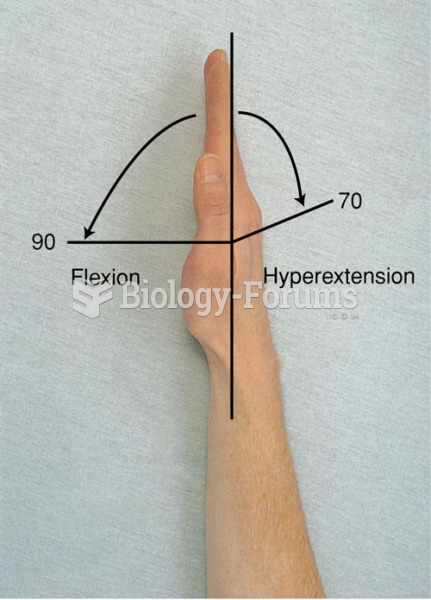|
|
|
Did you know?
There are 60,000 miles of blood vessels in every adult human.
Did you know?
Astigmatism is the most common vision problem. It may accompany nearsightedness or farsightedness. It is usually caused by an irregularly shaped cornea, but sometimes it is the result of an irregularly shaped lens. Either type can be corrected by eyeglasses, contact lenses, or refractive surgery.
Did you know?
Women are 50% to 75% more likely than men to experience an adverse drug reaction.
Did you know?
Many medications that are used to treat infertility are injected subcutaneously. This is easy to do using the anterior abdomen as the site of injection but avoiding the area directly around the belly button.
Did you know?
Most childhood vaccines are 90–99% effective in preventing disease. Side effects are rarely serious.







